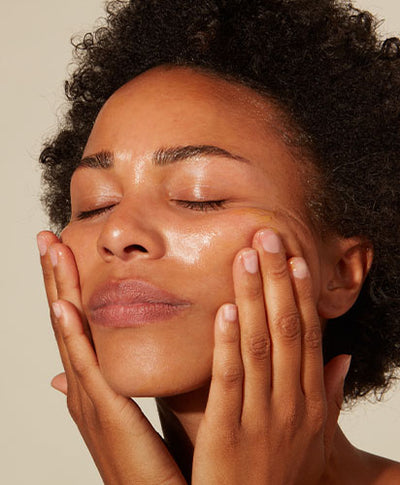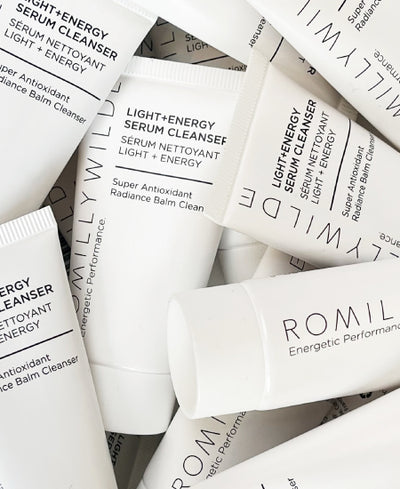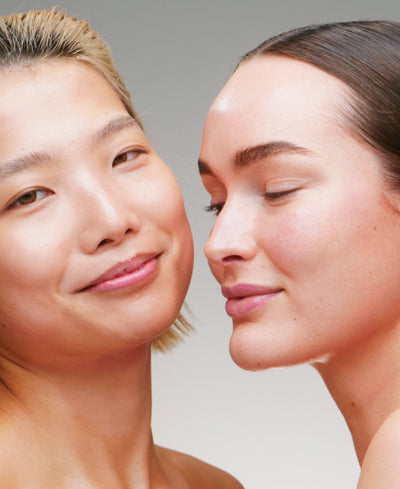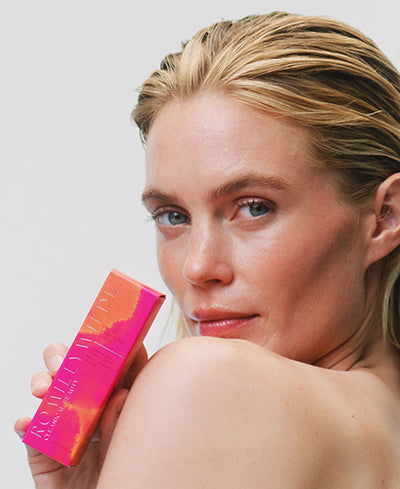BESTSELLER
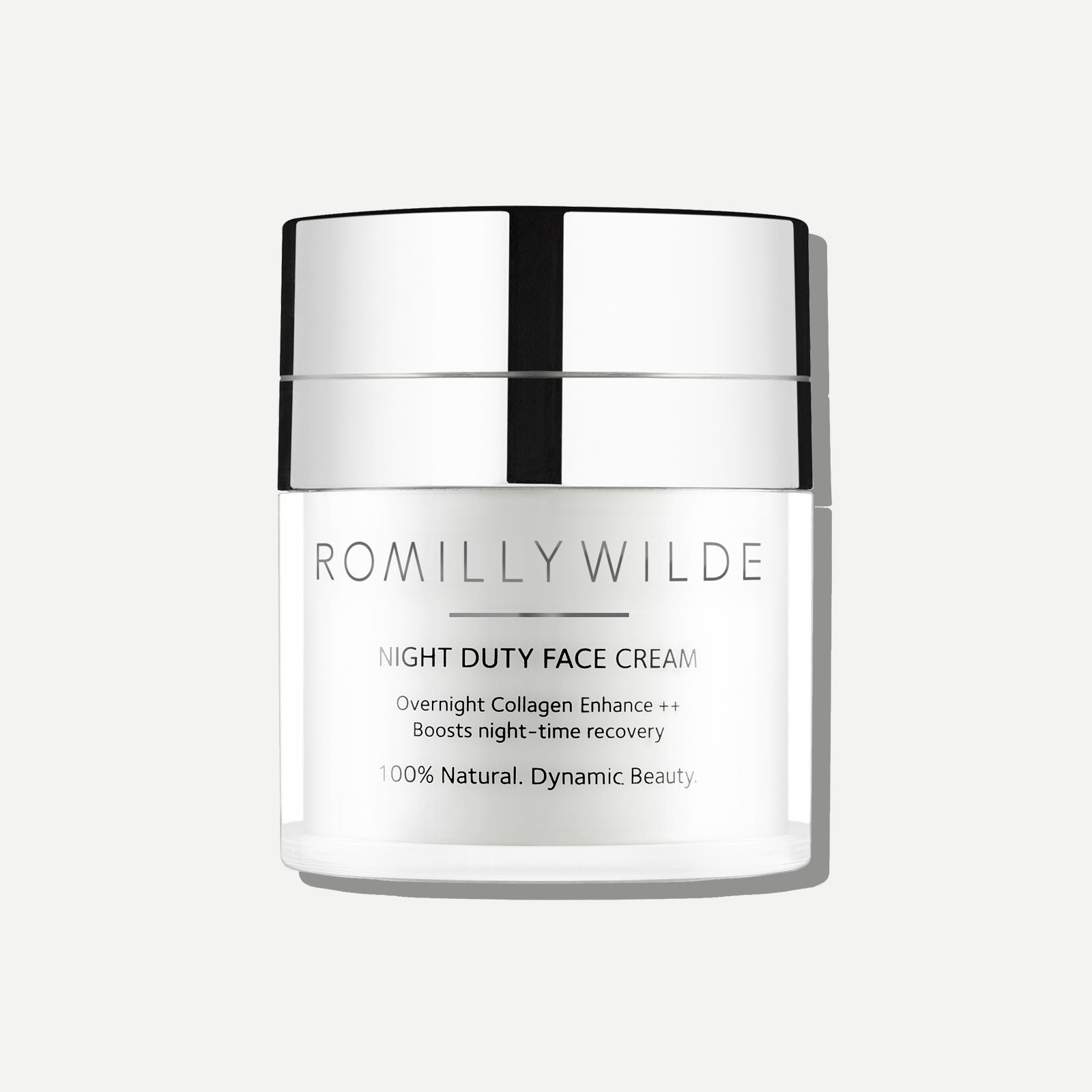
Night Duty Face Cream
£95.00
Searching...

By Susie Willis
Retinoids. The ingredient of the decade. There’s so much talk about retinoids, retinol, retinal and our hero ingredient, Bio-Retinol, a gentle retinol alternative. We’re here to break it down with our Head of Science and Innovation, Mateja Weber.
Vitamin A is retinoic acid, and retinoids is a catch-all term for a range of Vitamin A based products of varying efficacies and strengths including retinoic acid (this is your prescription-level Tretinoin), retinol, retinal and retinol Esters.
Retinoids encourage faster turnover of surface skin cells and boost collagen, improving skin tone and reducing fine lines and wrinkles as well as sun damage.
Retinoic acid: Starting with the strongest of them all, we have retinoic acid. Also known as Tretinoin, this is a prescription-only retinoid. Often prescribed for acne treatment but also extremely effective in an anti-ageing regime. Our bodies naturally have retinoic acid in our skin so this form is 'bioavailable' meaning it doesn't need to be converted to work in our skin cells. A mighty form of Vitamin A, but can be extremely harsh.
Retinaldehyde (retinal): When it comes to over-the-counter skincare, retinal is an extremely effective and popular choice. Though not bioavailable like its prescription-only counterpart, it requires just one conversion by the skin into retinoic acid meaning results are still quick but gentler.
Retinol: Still providing a significant anti-ageing result is retinol, but it needs a two-step conversion into retinoic acid by the skin before it can take effect, slowing down visible results but reducing irritation.
Retinol esters: The weakest of the bunch, these require a minimum of three conversions. These include retinol propionate and retinyl palmitate.
Bio-Retinol: Bio-Retinol is a natural extract of Bidens Pilosa, proven to reduce wrinkles and improve skin elasticity, leaving it visibly younger, firmer and more luminous with retinol-like results but without the skin sensitivity.


Every skin type can benefit from our gentle retinol alternative, Bio-Retinol. There’s no need to phase our Bio-Retinol into your skincare regime as it has added soothing benefits. ”If you suffer from rosacea, eczema, or psoriasis, it's probably best to avoid retinoids since it can be too harsh on skin that needs a gentler touch – it can increase inflammation, dryness, sensitivity and even lead to peeling and redness. Our founder is a huge advocate of ‘nurture not torture’, and our approach to retinol alternative truly encompasses this mentality.” says our Head of Science and Innovation, Mateja Weber.
Enter Bio-Retinol, the rejuvenating retinol-alternative you’ve been looking for. A revitalising night cream formulated to support skin renewal, dramatically improve the complexion's appearance and help boost collagen levels to fill even deeper set wrinkles. Our naturally sourced Bio-Retinol revives your skin’s youthful appearance without the possible side effects of retinol.
- Provides a soothing effect
- Controls skin oiliness
- Offers a skin lightening effect
- Controls skin barrier

